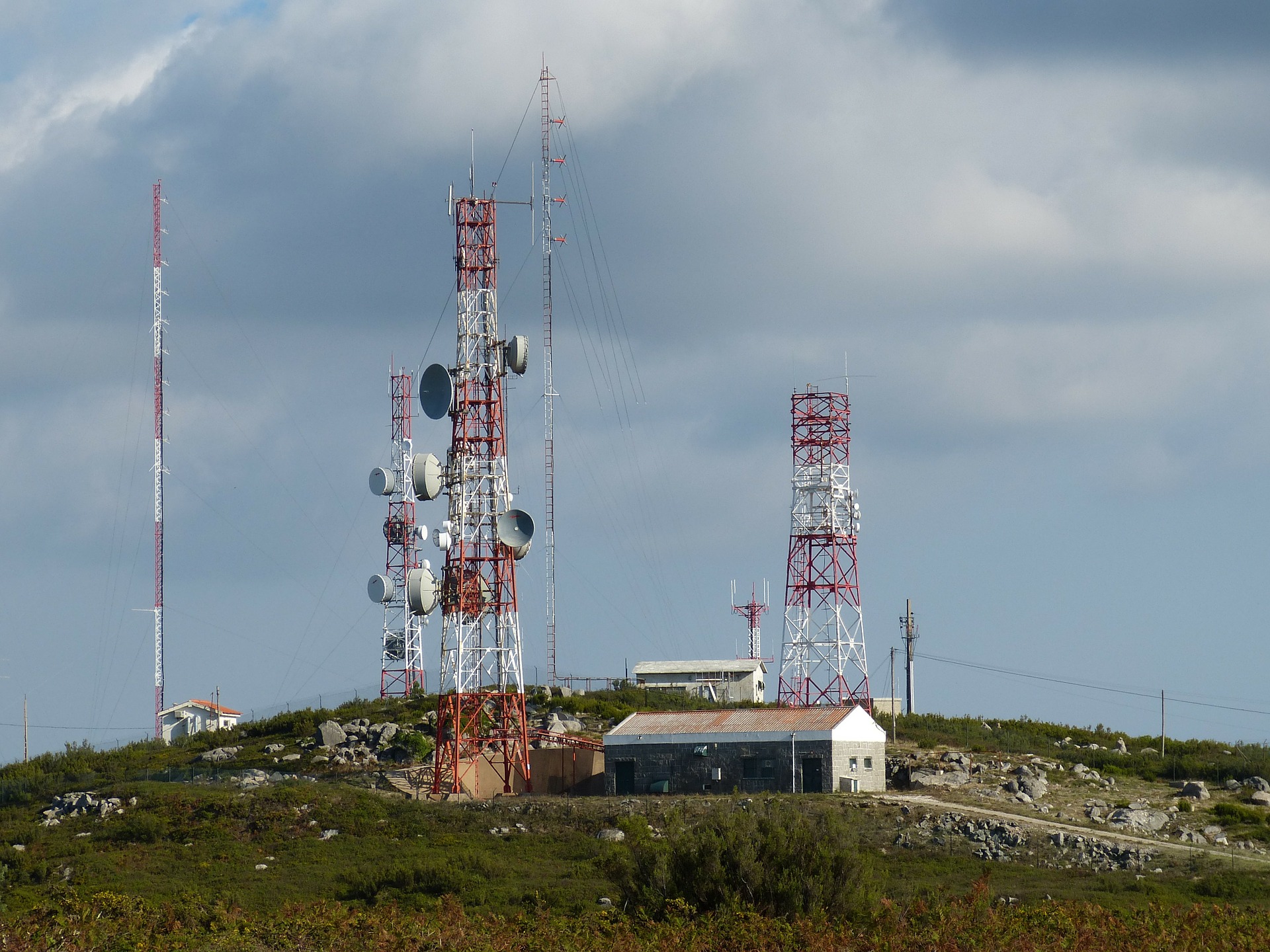Use 2 GHz ENG? Fill out the 2 GHz BAS Census Now
As a reader of TV Technology and this newsletter I would hope that you know the FCC is reallocating channels 1 and 2 (1,990-2,025 MHz) in the 2 GHz Broadcast Auxiliary Service (BAS). What you may not know is that decisions will be made soon that will define how the transition of the channels to the Mobile Satellite Service and Third Generation Wireless (3G) systems will be handled. The July 2000 FCC decision reallocating the 2 GHz BAS frequencies requires that the new users of the frequencies compensate existing users (including broadcasters) for the cost of the transition.
There are several ways to accomplish the transition. The simplest approach would be for broadcasters to simply give up the two channels and move ENG operations on those channels to the channels remaining. Anyone who has tried to get an ENG live shot out of an ongoing event with nationwide importance in a crowded market knows this simply isn't practical. ENG channels are already being shared amongst multiple stations. Another approach would be to narrow the existing channels enough to accommodate two more channels, so the number of channels will remain the same. Communications Research Centre Canada did some tests on this approach a few years ago and concluded there were problems with adjacent-channel interference and audio performance when conventional analog FM was used. The approach most broadcasters are focusing on would also narrow the existing channels to allow the same or a greater number of channels in a smaller amount of spectrum. However, instead of using analog modulation, digital modulation would be used so that broadcasters could continue to transmit multiple high quality audio channels and provide video quality appropriate for viewing on digital TV sets.
As expected, the new users have a different view of the cost of the transition than broadcasters. The new users prefer the lowest cost approaches, which do not include a transition to digital modulation, while broadcasters insist digital modulation is the only way to accommodate the existing BAS in a greatly reduced amount of spectrum. Several plans have been presented to the FCC for the transition. The rules establishing the new MSS and 3G services at 2 GHz require mandatory negotiations if voluntary negotiations fail. The original deadline for voluntary negotiations for Phase 1 of the transition has passed, but the FCC has suspended it until mid-October. Broadcasters have formed the Ad Hoc 2-GHz Reallocation Committee to present their case to the FCC. When considering which proposal to adopt and the extent to which broadcasters should be reimbursed for vacating the frequencies, the FCC will look at the cost of the transition to all broadcasters. For the 2-GHz Committee to make a solid presentation to the FCC it needs to know the amount of 2 GHz equipment in use and where it is used and it needs to know this now before the voluntary negotiation period ends.
Fortunately, the 2-GHz Committee has made it easy for station engineers to provide this information. Either follow the link on the SBE web site or link directly to the 2003 2-GHz BAS Census. A description of the Ad Hoc 2 GHz Reallocation Committee is also available.
If you are responsible for your station's 2-GHz ENG operations, do not read on! Stop and fill out this form now, before you forget! It is easier than filling out a free trade magazine subscription form. The form asks which 2-GHz ENG channels you are using (with a convenient drop down box listing channels), whether and how split or offset channels are used in your ENG operations, the number and age (0-3 years or 3-plus years) of ENG, portable and aerial/helicopter ENG transmitters and the equipment's digital capability. Similar questions are asked for ENG receivers and antennas. There is also a space to list fixed 2-GHz links, if you are using 2-GHz frequencies for that purpose. While call signs are requested, the 2-GHz Committee assures participants that individual stations specifics will not be shared, as the entries will be automatically entered into a database. Several broadcast group and association lawyers have reviewed the effort and cleared it.
Have you filled out the census yet?
The professional video industry's #1 source for news, trends and product and tech information. Sign up below.
